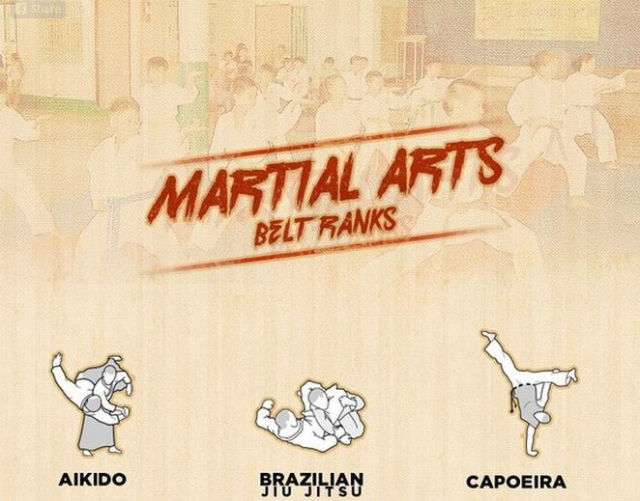The Effect Of Youthful Age Martial Arts Participation On Scholastic Achievement And Attention
The Effect Of Youthful Age Martial Arts Participation On Scholastic Achievement And Attention
Blog Article
Short Article Writer-Jochumsen Gissel
Tip onto the floor covering of expertise and uncover the concealed power that young people fighting styles have.
Like a well-sharpened sword, the impact of these old practices on academic performance and focus is a pressure to be considered.
As you explore the midsts of this discussion, you will certainly find the potential for enhanced cognitive abilities, improved focus skills, and a substantial boost in scholastic efficiency.
But linked webpage does not finish there, for truth tricks exist within the pages yet to be discovered.
Improved Cognitive Capacities
Boosted cognitive capabilities have actually been observed in youth that join martial arts. By participating in fighting styles training, you can boost your cognitive functions such as focus, emphasis, and memory. The physical activities and techniques involved in martial arts need psychological control and focus, causing improved cognitive skills.
Researches have actually shown that routine participation in fighting styles can enhance data processing rate and executive functions, which are essential for scholastic success. Martial arts training also helps to boost analytic skills and decision-making abilities, as professionals learn to evaluate and respond swiftly to different scenarios.
Additionally, martial arts method advertises self-control and self-constraint, which are important high qualities for efficient understanding and scholastic accomplishment.
Boosted Concentration Skills
Exactly how can martial arts educating improve your ability to concentrate?
Fighting style training can significantly improve your concentration skills. With Get More of various techniques and movements, you're called for to concentrate your interest on the job at hand. This constant involvement aids to train your mind to stay existing and concentrated.
Martial arts also teach you to block out disturbances and maintain a high level of concentration also in stressful circumstances. The repetition of activities and strategies during training aids to develop muscle mass memory, allowing you to perform activities with accuracy and effectiveness.
Furthermore, fighting styles training frequently includes mental workouts such as reflection and mindfulness, which further enhance your capacity to concentrate and maintain focus.
Boosted Academic Performance
Martial arts training can dramatically improve your academic performance by promoting self-control, emphasis, and self-esteem.
When you practice fighting styles, you discover to set objectives, create routines, and handle your time properly. These skills equate right into improved research practices and much better academic efficiency.
Martial arts also educate you to stay focused and concentrate on the task handy. This improved capacity to concentrate can significantly benefit your learning experience, enabling you to take in and maintain details more effectively.
Additionally, the self-confidence gotten via martial arts can positively affect your academic performance. Believing in yourself and having a favorable attitude can aid you conquer challenges, take risks, and reach your full academic possibility.
Verdict
Youth martial arts have a considerable influence on scholastic efficiency and focus.
https://martialartsinfoforkids99876.blogdeazar.com/34036725/wondering-just-how-to-pick-the-perfect-martial-arts-academy shows that trainees who take part in fighting styles experience improved cognitive capacities, boosted concentration skills, and enhanced scholastic efficiency.
Actually, a research discovered that pupils who engage in normal fighting styles training have a 15% greater GPA contrasted to those that don't.
This figure highlights the favorable correlation in between fighting styles and academic success, stressing the significance of integrating such tasks right into the lives of young individuals.
